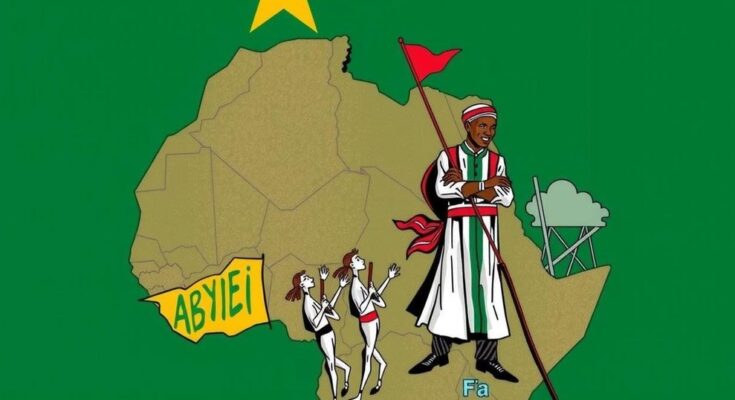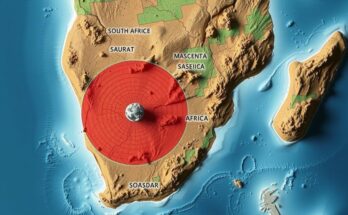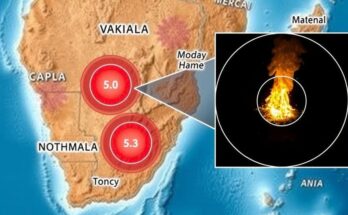Leaders of the Dinka Ngok community in Abyei are urging for self-governance amid ongoing conflict in Sudan, which delays a referendum to determine the region’s future. They seek international support for self-rule while emphasizing their dire situation of statelessness and the need for recognition of their rights as granted in the 2005 Comprehensive Peace Agreement.
In the face of persistent strife within Sudan, the leaders of the Dinka Ngok community in Abyei have fervently expressed their desire for self-governance, signaling a grim outlook for the long-anticipated referendum that would decide the status of their region. In a formal memorandum submitted to the United Nations Interim Security Force for Abyei (UNISFA), they articulated their plea for international backing to establish self-rule during an interim period, pending an agreement between Sudan and South Sudan regarding Abyei’s ultimate fate. According to the 2005 Comprehensive Peace Agreement, Abyei was granted unique status and was promised a referendum to ascertain whether it would align with Sudan or South Sudan. This vote, however, has repeatedly faced delays, largely due to contentious discussions over who is eligible to vote, particularly regarding the inclusion of the nomadic Misseriya tribe. The memorandum contends that it has become evident that the Sudanese government is unwilling to concede Abyei, while South Sudan appears to lack both the capability and the willingness to pursue military action for Abyei. As Sudan remains entrenched in conflict and South Sudan refrains from unilateral measures, the Dinka Ngok foresee a lack of resolution in the foreseeable future. They caution that Abyei, which has suffered from prolonged violence, stands on the precipice of becoming a new center of conflict. The memorandum further emphasizes the dire situation of statelessness endured by the Abyei populace, who currently lack the protection and benefits associated with recognized statehood. It underscores their right to self-governance, as delineated in the 2005 peace accord. Originally, this agreement permitted Abyei residents to hold dual citizenship in both Sudan and South Sudan. However, following South Sudan’s secession and subsequent changes to administrative governance, this arrangement has become untenable. The leaders of the Dinka Ngok are therefore advocating for acknowledgment of their claim to self-governance and dual citizenship as a means to resolve the impasse and foster harmonious relations with both Sudan and South Sudan.
The situation in Abyei is steeped in the complex historical backdrop of Sudan and South Sudan’s contentious relationship following South Sudan’s independence in 2011. The 2005 Comprehensive Peace Agreement aimed to address numerous outstanding issues between the two nations, including the status of Abyei, a region claimed by both sides. The delayed referendum to determine Abyei’s future has exacerbated tensions, with both community sentiments and international observers calling for a resolution to avoid potential conflict. The Dinka Ngok, primarily residing in Abyei, feel increasingly marginalized in this geopolitical tug-of-war, necessitating their call for self-rule.
In summary, as the conflict in Sudan rages on, the Dinka Ngok leaders’ demand for self-governance in Abyei reflects a critical need for resolution in a volatile situation. Their memorandum to the UN peacekeeping forces highlights not only their right to self-determination as prescribed by the peace agreement but also the urgent need for international intervention to safeguard their community from further violence and instability. With their calls for dual citizenship, the Dinka Ngok aim to bridge the divide between Sudan and South Sudan to maintain peaceful coexistence.
Original Source: sudantribune.com




